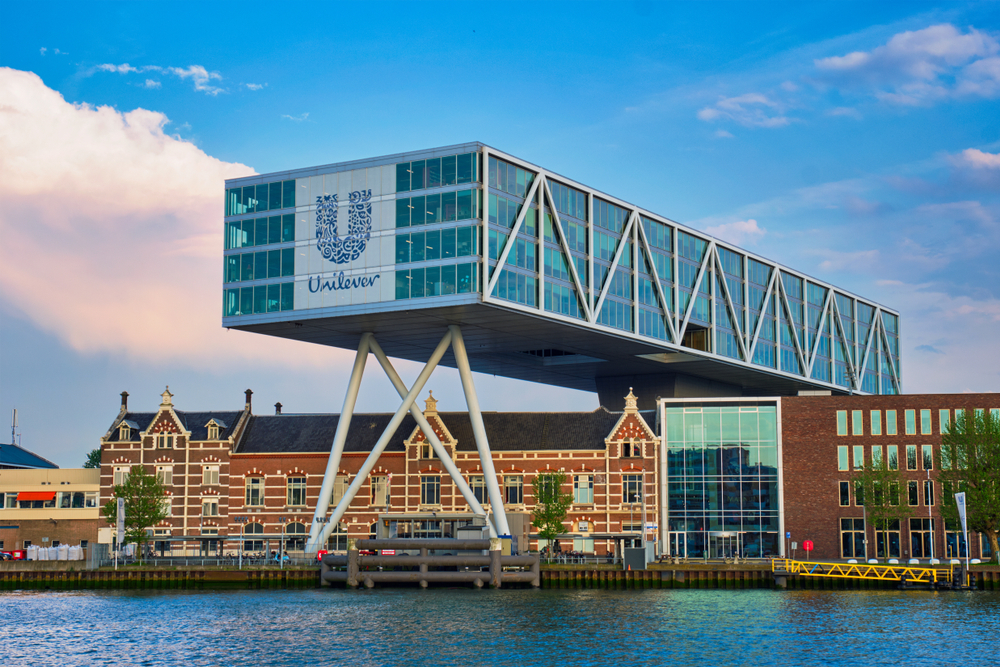GlaxoSmithKline Plc (GSK) on Thursday offloaded its 5.7 per cent stake in Hindustan Unilever Ltd (HUL) for around Rs 25,480 crore.
The GSK share sale marks the largest secondary trade on the Indian bourses.
“GSK has, through its subsidiaries GlaxoSmithKline Pte Ltd and Horlicks Ltd, on Thursday agreed to the sale of 133,772,044 ordinary shares in HUL at a volume-weighted average price of approximately Rs 1,905 per share,” the company said.
Following the transaction, GSK will no longer hold any HUL shares, it added. The names of the buyers could not be immediately ascertained.
GSK received the stake after last year’s merger of GSK Consumer Healthcare with HUL in a swap ratio of 4.39 HUL shares for every GSK stock.
In December 2018, Unilever had announced that it would acquire the health food drinks brands of Glaxo in India and Bangladesh and other markets for 3.3 billion euros ($3.6 billion) in cash and shares in Hindustan Unilever.
As part of the transaction, GSK received a 5.7 per cent stake in the Indian unit.
In early April, HUL had completed the merger of GlaxoSmithKline Consumer Healthcare Ltd (GSKCH) with itself.
The largest transaction in the secondary markets comes at a time equities have been facing extreme volatility with investors fearing that a turnaround in the economy is still some time away and that a recovery in corporate India’s performance can only be seen from the second half of this fiscal.
The large transaction in the counter on Thursday saw the HUL stock hitting the day’s low of Rs 1,902.30 — a fall of 5.35 per cent over the last close. However, the share recovered most of its losses and ended with a fall of less than a per cent at Rs 1,992.50.
HUL had reported disappointing fourth-quarter numbers led by a 7 per cent fall in volumes. However, several brokerages continue to have a buy rating on the stock.
“We expect HUL to be a key beneficiary of the rural demand recovery. Although the lockdown would affect near-term volumes, we expect volumes and earnings to bounce back once the situation normalises,’’ analysts at Edelweiss Securities said in a note.
The brokerage feels that HUL will continue to gain market share and that the crude oil-led gross margin savings would sustain. Moreover, cost savings from fewer promotional campaigns would once again boost EBITDA margin.
They added that the first quarter of the current fiscal will see HUL benefiting from pent-up demand and an upswing in categories such as health, hygiene and nutrition, whereas discretionary categories such as beauty and personal care and out-of-home consumption would suffer.
When GSK had originally announced the divestment of Horlicks in December 2018, the company said it expected gross proceeds from the overall transaction to be around £3.1 billion and net proceeds to be £2.4 billion after hedging costs, taxes and other expenses.
With the appreciation of HUL’s share price since then, GSK said it expects gross proceeds from the divestment to be £3.4 billion and net proceeds at £2.9 billion.











